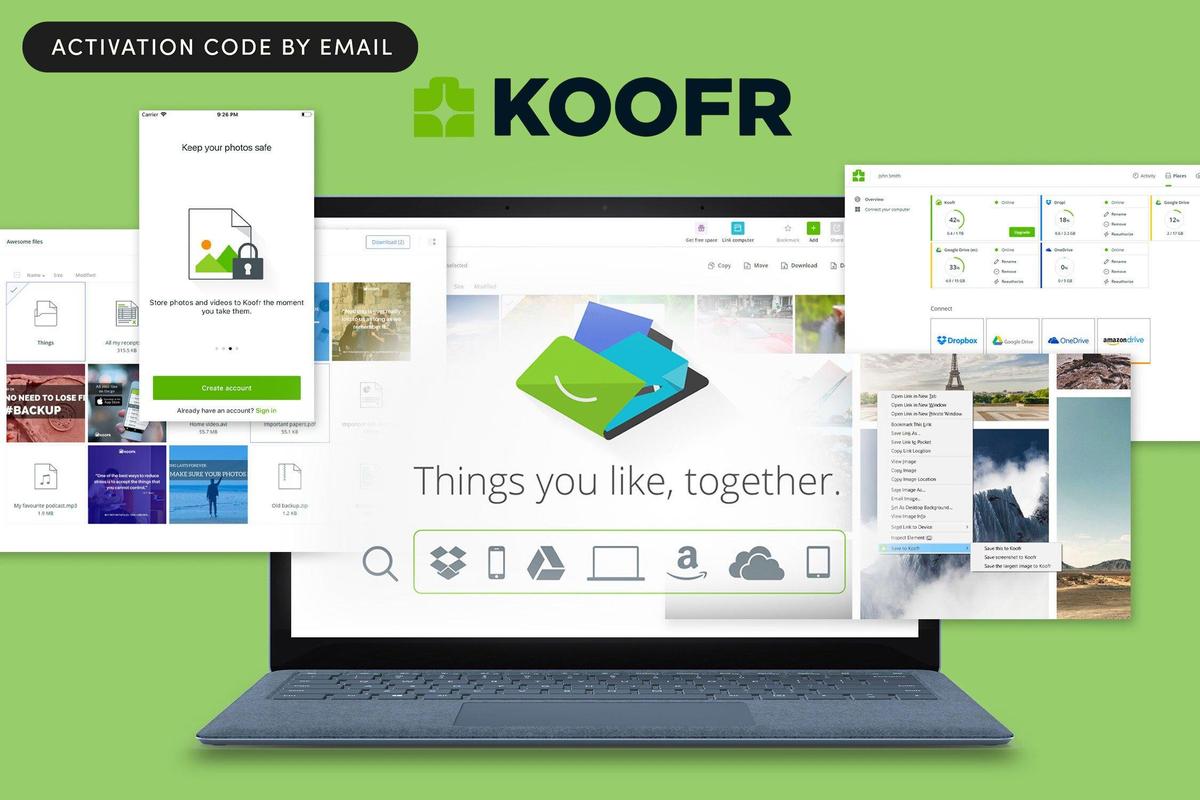Zuckerberg’s $19 Billion Gamble: Did Meta’s Acquisitions of WhatsApp and Instagram Benefit Users?
Zuckerberg’s $19 Billion Gamble: Did Meta’s Acquisitions of WhatsApp and Instagram Benefit Users?
Mark Zuckerberg’s recent testimony in a Washington, DC courthouse shed light on Meta’s acquisition of WhatsApp and Instagram, two acquisitions that fundamentally shaped the digital landscape. The trial, stemming from a Federal Trade Commission (FTC) antitrust lawsuit, centers around the claim that these acquisitions were anti-competitive, designed to eliminate rivals rather than enhance user experience. Zuckerberg’s confident assertion that he’d “do it again” reveals a compelling narrative of strategic acquisitions, technological integration, and the ongoing debate about the power of tech giants.
The $19 Billion Question: Why WhatsApp?
The FTC’s core argument hinges on the belief that Zuckerberg acquired WhatsApp, for a staggering $19 billion in 2014, not to improve it, but to neutralize a potential competitor. Zuckerberg acknowledged considering the threat of a private messaging app evolving into a full-fledged social media platform. However, he insisted that his primary motivation was to integrate WhatsApp’s technology and user base into Meta’s ecosystem, ultimately enhancing both platforms. This highlights a key tension within the tech industry: the blurred lines between competitive acquisition and innovation through integration.
Zuckerberg’s Defense: Integration, Not Elimination
Zuckerberg’s testimony focused on demonstrating how Meta invested heavily in improving both WhatsApp and Instagram after their acquisitions. He emphasized enhancements in security, privacy, and features, arguing that these improvements benefited users globally. He painted a picture of synergistic growth, where the combined resources of Meta fueled innovation and expanded reach for both apps. This narrative directly counters the FTC’s assertion that the acquisitions stifled competition, leading to a less dynamic and innovative market.
Instagram’s Integration: A Similar Story?
While the focus of the trial largely revolved around WhatsApp, the FTC’s lawsuit also challenges Meta’s acquisition of Instagram. The arguments mirror the WhatsApp case, with the FTC claiming the acquisition aimed to eliminate a rising competitor, while Zuckerberg maintained that the integration brought about significant improvements for Instagram users. The trial delves into the complexities of market dynamics, examining the potential for independent growth versus the advantages of integration within a larger ecosystem.
Balancing Innovation and Competition
The case highlights the inherent tension between fostering innovation and preventing monopolies. The FTC’s lawsuit represents a broader concern about the power of large technology companies and their ability to shape the digital landscape through acquisitions. The trial serves as a critical examination of whether these acquisitions ultimately benefited consumers or stifled competition. The debate raises complex questions about the definition of fair market practices and the appropriate level of government intervention in the tech industry.
Beyond the Courtroom: The Broader Implications
The outcome of this trial will have far-reaching consequences, impacting not only Meta but also the future of tech acquisitions. A ruling against Meta could set a precedent, influencing how future acquisitions are scrutinized and potentially altering the dynamics of the tech industry. It could lead to stricter regulations on mergers and acquisitions, potentially limiting the ability of large companies to expand through acquisitions. The trial also underscores the importance of transparency and accountability within the tech sector, emphasizing the need for a more robust regulatory framework to address potential anti-competitive behavior.
Conclusion: A Defining Moment for Tech Regulation
Zuckerberg’s testimony, with its confident assertion of his decision to acquire WhatsApp, encapsulates the central debate at the heart of this antitrust lawsuit. The trial isn’t simply about the merits of two specific acquisitions; it’s a test case for how the government approaches the power and influence of tech giants. The outcome will undoubtedly shape the future of tech regulation, influencing how companies strategize acquisitions and how regulators oversee the competitive landscape of the digital world. The question remains: was it a gamble that paid off for Meta, or did it come at the expense of competition and innovation?
Source: The Verge



